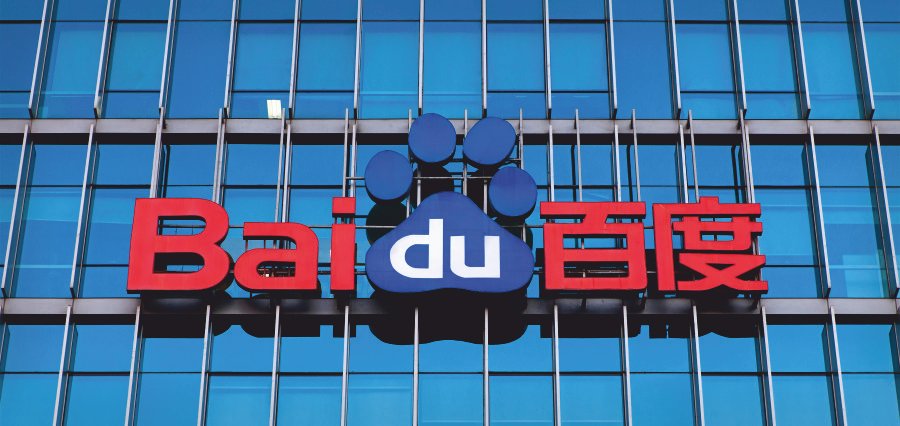Prime Highlight
- Baidu’s semiconductor arm, Kunlunxin, is emerging as one of China’s strongest AI chip developers, positioning the company to fill the gap left by restricted Nvidia GPU exports.
- New momentum and a five-year chip roadmap give Baidu a rare opportunity to become a leading supplier supporting China’s push for technological self-reliance.
Key Facts
- Kunlunxin’s roadmap includes the M100 chip in 2026 and the M300 in 2027, with the business already securing orders from suppliers tied to China Mobile.
- JPMorgan projects Baidu’s chip sales will reach 8 billion yuan ($1.1 billion) by 2026, while Macquarie values the Kunlun unit at an estimated $28 billion.
Background
Baidu is emerging as one of China’s strongest artificial intelligence chip developers, positioning itself to fill the gap left by Nvidia as U.S. restrictions continue to block high-end GPU exports. Analysts say the company’s semiconductor arm, Kunlunxin, is now becoming one of the country’s most competitive AI chip suppliers, rivaling Huawei in the domestic market.
Best known for its search engine, Baidu has shifted its focus in recent years toward autonomous driving and AI. Its chip unit designs processors used in Baidu’s data centers to power its ERNIE large language models, alongside a mix of self-developed and Nvidia hardware. The company also earns revenue by selling chips to third-party data centers and offering cloud computing services.
This month, Baidu announced a five-year roadmap for its Kunlun chips, beginning with the M100 in 2026 and the M300 in 2027. The business is gaining traction, with Kunlunxin securing orders from suppliers linked to China Mobile earlier this year.
The momentum comes as Chinese tech giants report a tightening supply of AI chips. Alibaba CEO Eddie Wu said components and chips will remain a major bottleneck in the next few years. Tencent also noted that its reduced 2025 capital spending reflects chip shortages, not lower AI ambitions.
U.S. restrictions have blocked Nvidia’s most advanced GPUs from entering China, and Beijing has reportedly discouraged companies from buying the downgraded H20 chips approved for export. As a result, demand for domestic alternatives has surged.
Analysts at JPMorgan expect Baidu’s chip sales to grow sixfold to 8 billion yuan ($1.1 billion) by 2026, while Macquarie estimates the Kunlun unit could be worth $28 billion. Experts say the situation gives Baidu a rare opportunity to become a key supplier for China’s AI industry, supporting the country’s push for technological self-reliance.

